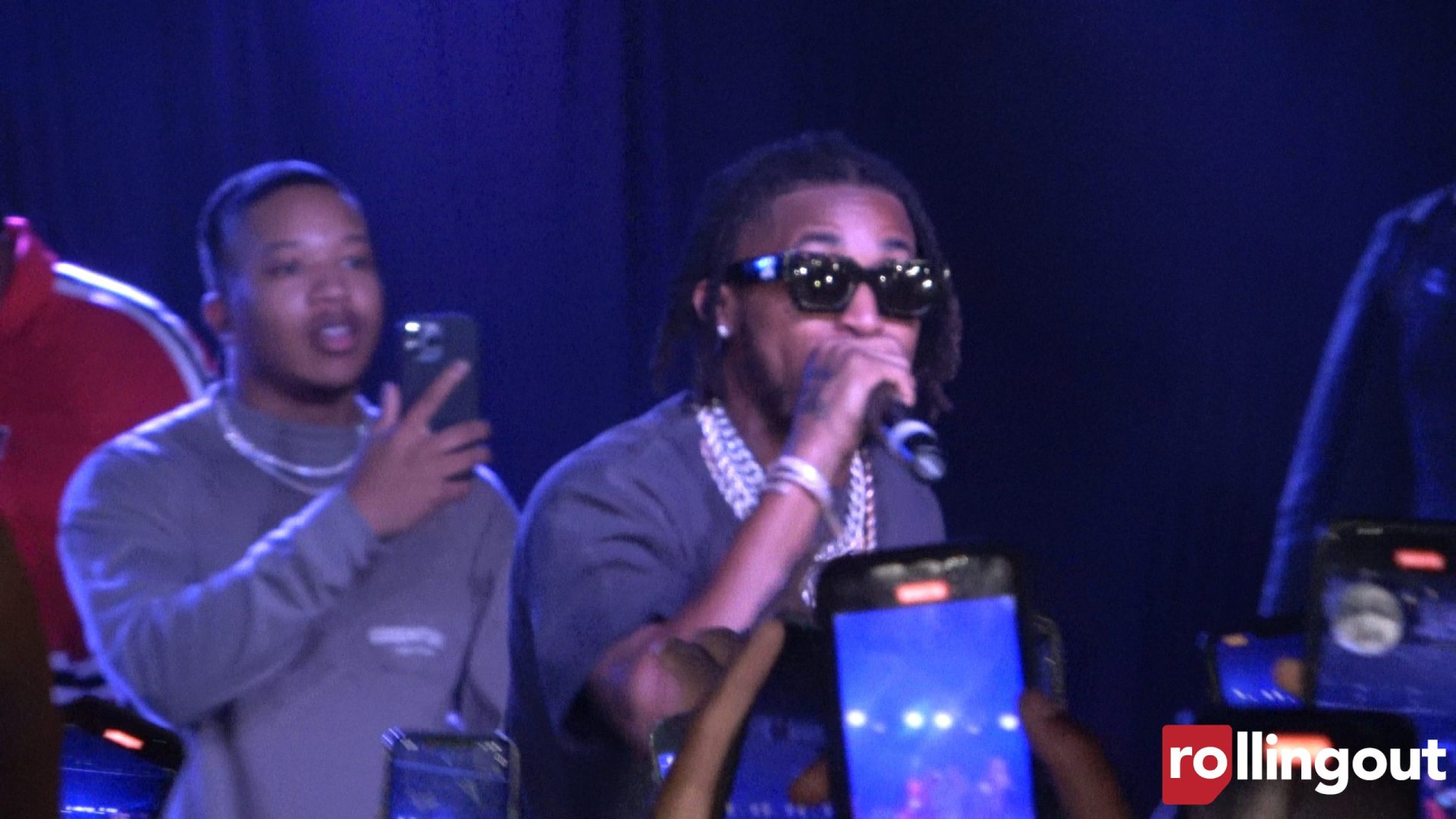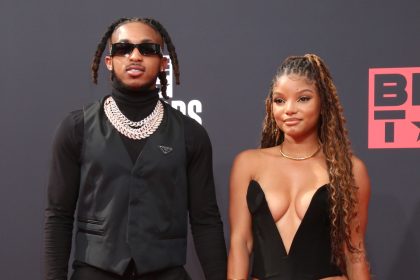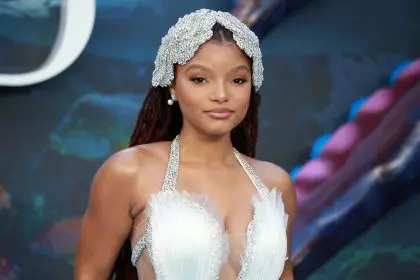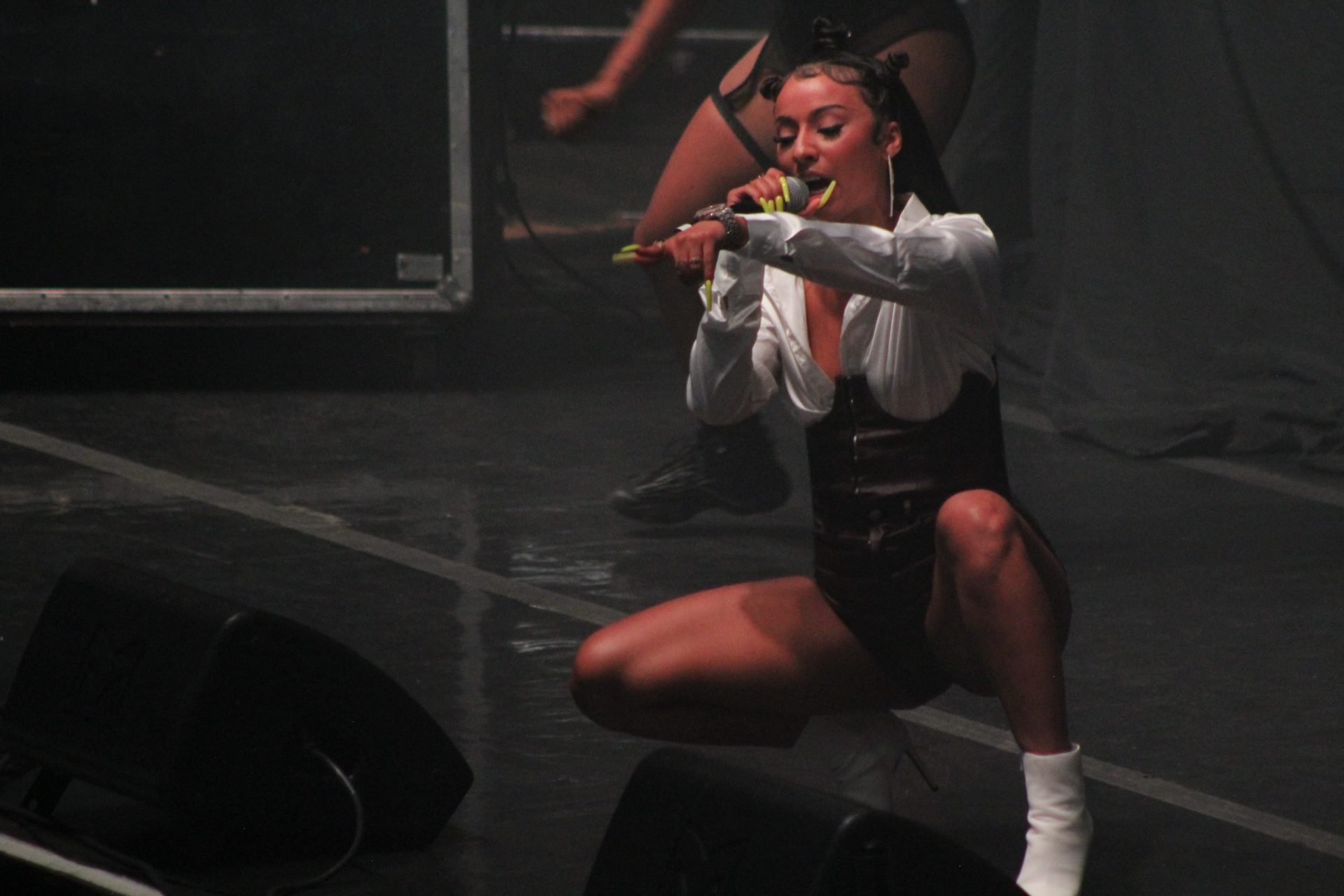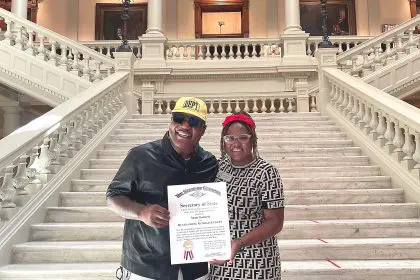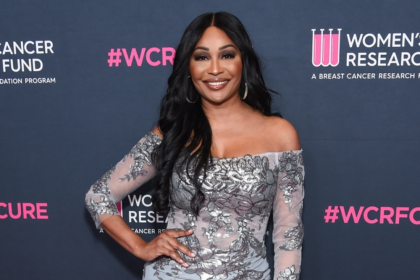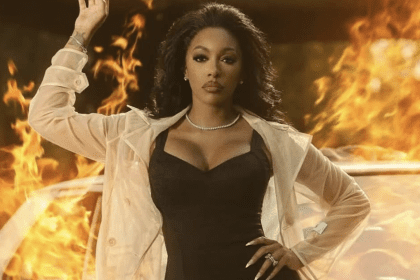Popular YouTuber DDG and his brother DuB became the center of controversy following a physical altercation with a fan during Dream Con over the weekend. The incident occurred during a livestream when tensions escalated after a fan used a derogatory nickname that had previously emerged as an online joke, leading to physical confrontation and potential legal consequences.
The confrontation unfolded publicly during the streaming event, with footage later emerging that documented the escalation from verbal exchange to physical altercation. The incident has generated significant discussion about boundaries between online personalities and their audiences, particularly regarding how digital interactions can translate into real-world confrontations.
Livestream confrontation escalates quickly
During DDG’s livestream at Dream Con, his brother DuB approached a fan who had been making comments directed at the YouTuber. The fan had referred to DDG using the nickname “Doo Doo Garbage,” which prompted DuB’s physical response to the verbal provocation.
The situation escalated rapidly from verbal exchange to physical contact, with footage later surfacing showing DuB throwing the fan to the ground. While the specific details surrounding the initial moments of the physical confrontation remain unclear, the incident was captured and later circulated online.
The public nature of the altercation, occurring during a livestream at a convention setting, ensured that the incident received immediate attention and documentation from multiple sources present at the event.
Fan threatens legal action following incident
The fan involved in the altercation, who uses the TikTok handle liljay____, has publicly expressed shock that what he considered a lighthearted joke would result in physical confrontation. He indicated that he never expected his comment would lead to someone physically confronting him over what he viewed as harmless teasing.
Following the incident, the fan announced intentions to pursue legal action against DuB for assault. This legal threat adds serious consequences to what began as online banter, demonstrating how digital interactions can result in real-world legal implications.
The fan has maintained that the incident was genuine and not staged for entertainment purposes, contradicting suggestions that the altercation might have been planned or performed as content creation.
Conflicting narratives emerge about incident authenticity
DDG reportedly told fellow content creator Kai Cenat that the entire incident was merely a skit, suggesting that the confrontation was staged rather than a genuine altercation. This characterization would frame the incident as planned entertainment rather than an actual conflict.
However, the fan involved has strongly denied these claims, insisting that the altercation was real and not performed for entertainment purposes. This contradiction between DDG’s reported characterization and the fan’s account has created uncertainty about the incident’s true nature.
The conflicting narratives have generated debate among viewers and followers about whether the confrontation represented genuine conflict or manufactured content designed to generate attention and engagement.
Historical context of derogatory nickname
The nickname “Doo Doo Garbage” that triggered the confrontation originated during a previous event called Streamer University, where it was first mentioned by one of DDG’s classmates. What began as a joke during that earlier event evolved into a recurring reference used by fans and followers.
The evolution of this nickname from lighthearted origin to point of contention illustrates how online jokes and references can develop lives of their own, sometimes creating tension between content creators and their audiences.
The incident demonstrates how digital personas and online humor can sometimes translate into unexpected real-world confrontations when boundaries between entertainment and personal respect become blurred.
Public response reflects divided opinions
Social media reactions to the incident have been mixed, with fans and followers expressing varying opinions about whether the altercation was justified, staged, or represented an overreaction to harmless teasing. The debate reflects broader questions about appropriate responses to online harassment or jokes.
Many commenters have questioned the authenticity of the incident, debating whether it represented genuine conflict or manufactured content designed to generate views and engagement. This skepticism reflects growing awareness of how content creators sometimes stage dramatic incidents for attention.
The public discussion has also focused on questions of proportionality, with some arguing that physical confrontation was an inappropriate response to verbal teasing, while others suggest that repeated harassment might justify defensive action.
Content creator responsibilities and boundaries
The incident raises questions about the responsibilities that come with being a public figure and content creator, particularly regarding how to handle negative comments or harassment from fans and critics. The situation illustrates the challenges that online personalities face in managing their public personas.
DDG’s limited public response to the incident, consisting primarily of cryptic social media posts, has left many questions unanswered about his perspective on the altercation and his brother’s actions. His approach suggests either legal counsel or strategic communication considerations.
The situation highlights the complex dynamics between content creators and their audiences, where the line between entertainment, harassment, and genuine conflict can become blurred, leading to unpredictable real-world consequences.
Legal implications and potential consequences
The fan’s threat to pursue legal action for assault creates serious potential consequences for DuB, regardless of whether the incident was staged or genuine. Assault charges can result in criminal penalties and civil liability, making the situation legally significant.
If the incident was indeed staged as DDG reportedly claimed, the legal threats could still proceed depending on local laws and whether the fan consented to participate in any planned content. The distinction between real and performed violence can have complex legal implications.
The potential legal case could require evidence about the incident’s authenticity, witness testimony, and examination of any prior planning or consent, making the resolution more complicated than typical assault cases.
Impact on content creator reputation
The controversy surrounding the incident may affect DDG’s brand and relationship with his audience, particularly if questions about authenticity remain unresolved. Content creators depend on audience trust and engagement, making controversies potentially damaging to their careers.
The incident occurs within a broader context of scrutiny regarding content creator behavior and the lengths to which some personalities go to generate attention and engagement. This environment makes authenticity questions particularly sensitive.
The ultimate impact on DDG’s career will likely depend on how the situation resolves, whether legal action proceeds, and how effectively he addresses the controversy with his audience and sponsors.
Convention security and safety considerations
The incident at Dream Con raises questions about security protocols at content creator events, particularly regarding how to manage interactions between personalities and fans in public settings. The altercation demonstrates potential risks inherent in live streaming events.
Convention organizers may need to reassess security procedures and guidelines for managing potentially volatile situations between content creators and attendees, especially when tensions arise during live broadcasts that can escalate quickly.
The public nature of the incident, occurring during a livestream at a convention, highlights the challenges of maintaining safety while preserving the interactive elements that make such events appealing to audiences and creators.
The altercation between DuB and the fan at Dream Con illustrates the complex intersections between online entertainment, personal boundaries, and real-world consequences that characterize modern content creation culture, while raising ongoing questions about authenticity and appropriate conduct in digital age celebrity interactions.

